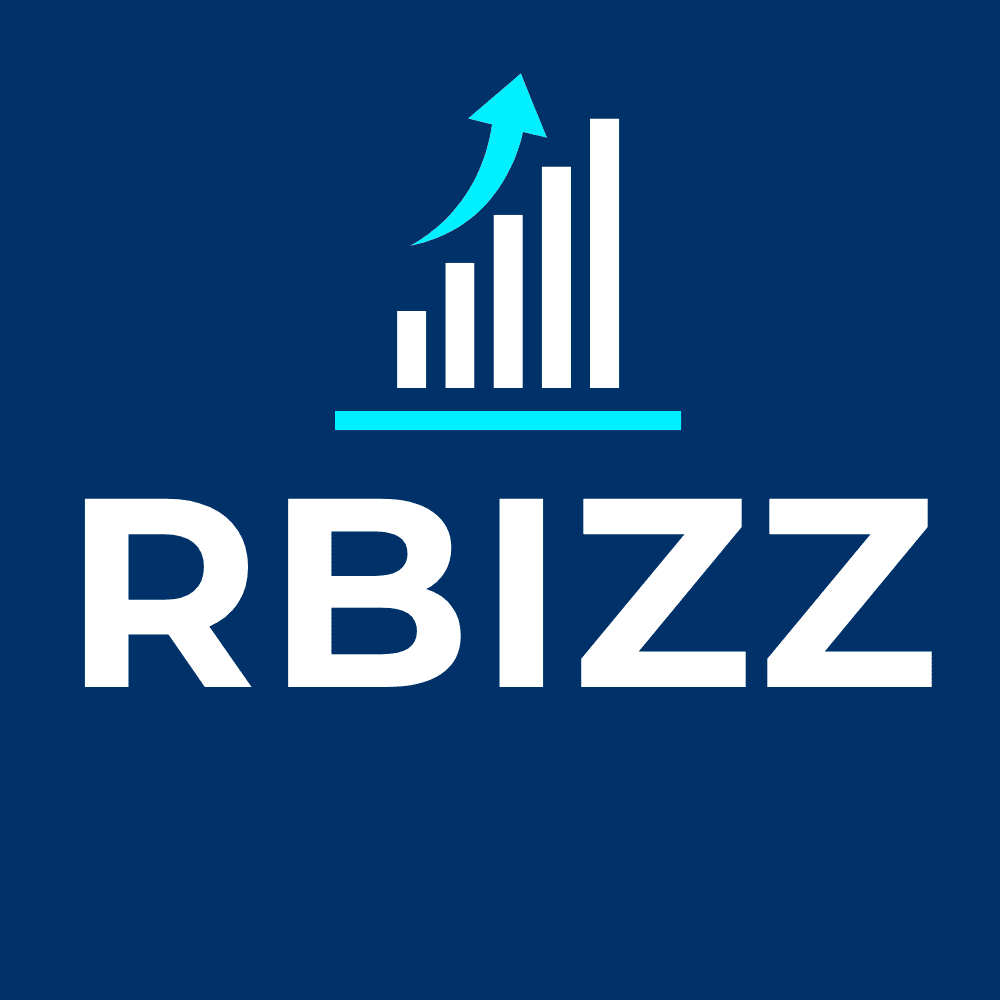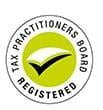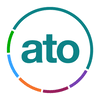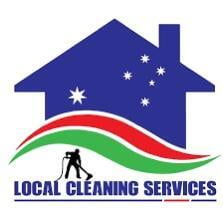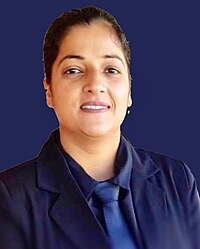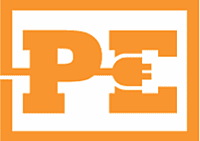Avoiding Compliance Issues with the ATO: Common Mistakes for Doctors Running Businesses through Companies or Trusts

Introduction
Running a medical practice is already a complex task, and when doctors decide to structure their business through companies or trusts, it brings about a whole new set of challenges. The Australian Taxation Office (ATO) has stringent compliance regulations in place for doctors who operate their businesses through corporate entities or trusts. This blog post aims to highlight some of the common mistakes made by doctors in this regard and provide guidance on how to avoid them.
Section 1: Understanding the Different Structures
Before delving into the potential compliance issues, it’s important to understand the different business structures available to doctors. Two popular options are operating as a company or setting up a trust.
Companies:
- A company structure provides limited liability protection for its shareholders.
- It requires adhering to ASIC (Australian Securities and Investments Commission) reporting requirements.
- Profits are taxed at the company tax rate.
- Dividends paid out to individual shareholders may be subject to personal income tax.
Trusts:
- A trust is a legal arrangement where assets are held by one party (the trustee) for the benefit of another party (the beneficiaries).
- Income from the trust is distributed among beneficiaries according to predetermined terms.
- Beneficiaries pay tax on their share of the distributed income at their marginal rates.
Section 2: Failure to Distinguish Between Personal and Business Expenses
One common mistake doctors make while running businesses through companies or trusts is failing to distinguish between personal and business expenses. This can lead to compliance issues with the ATO, such as improper claiming of deductions and mixing personal funds with business funds.
To avoid these issues, it’s crucial for doctors to maintain separate bank accounts for personal and business use. All business-related expenses should be clearly documented and claimed appropriately for tax purposes. Separating personal and business expenses not only ensures compliance but also provides a clearer picture of the financial health of the business.
Section 3: Inadequate Record Keeping
Proper record keeping is essential for all businesses, including medical practices. Doctors often underestimate the importance of maintaining accurate and up-to-date records, leading to compliance issues with the ATO.
To avoid these problems, doctors should implement a robust record-keeping system. This includes:
- Keeping track of all income and expenses related to the business.
- Retaining receipts and invoices as evidence of business transactions.
- Maintaining records for at least five years in accordance with ATO requirements.
By adopting good record-keeping practices, doctors can easily comply with ATO regulations, accurately report their income, claim deductions appropriately, and avoid potential penalties or audits.
Section 4: Incorrect Salary Structuring
Another common mistake doctors make when operating through companies or trusts is incorrect salary structuring. It’s important to strike a balance between minimizing tax liabilities and complying with relevant laws regarding reasonable remuneration.
Doctors who pay themselves unreasonably low salaries may attract scrutiny from the ATO. They should ensure that their salaries are commensurate with their qualifications, experience, and industry standards. Seeking professional advice from accountants or tax specialists can help doctors determine an appropriate salary structure that minimizes tax risks while remaining compliant.
Section 5: Lack of Understanding Regarding Superannuation Obligations
Superannuation is a crucial aspect of financial planning for doctors running businesses through companies or trusts. However, many practitioners overlook their superannuation obligations or fail to fully understand them.
Doctors should be aware of the following superannuation obligations:
- Paying compulsory employer contributions (currently set at 11.0% of ordinary time earnings) into eligible employees’ super funds.
- Ensuring super guarantee payments are made on time and reported correctly.
- Complying with regulations regarding self-managed super funds (SMSFs), should they choose to establish one.
By having a solid understanding of superannuation obligations and seeking professional advice, doctors can avoid compliance issues and secure their financial future.
FAQs:
1. Can I claim personal expenses as business deductions?
No, you cannot claim personal expenses as business deductions. It is essential to distinguish between personal and business expenses to comply with ATO regulations. Mixing personal and business funds can lead to compliance issues and potential penalties.
2. How long should I keep my records for tax purposes?
According to ATO requirements, it is recommended to keep all records related to your business for at least five years. This includes income records, expense receipts, invoices, and any other relevant documentation.
3. What happens if I pay myself an unreasonably low salary?
Paying yourself an unreasonably low salary may attract scrutiny from the ATO. It is important to structure your salary appropriately by considering factors such as qualifications, experience, and industry standards. Seeking advice from professionals can help you determine a reasonable remuneration structure that minimizes tax risks while remaining compliant.
4. What are the superannuation obligations for doctors running businesses through companies or trusts?
Doctors have certain superannuation obligations when operating their businesses through companies or trusts:
- Making compulsory employer contributions (currently set at 11.0% of ordinary time earnings) into eligible employees’ super funds.
- Ensuring super guarantee payments are made on time and reported correctly.
- Complying with regulations regarding self-managed super funds (SMSFs), if established.
It is crucial to understand these obligations and seek professional advice to avoid compliance issues in relation to superannuation.
5. Should I consult professionals regarding taxation for healthcare professionals?
Yes, seeking advice from professionals who specialize in taxation for healthcare professionals is highly recommended. They have the expertise and knowledge required to navigate complex tax regulations specific to the medical industry. Consulting with them can help ensure smooth operations, proper compliance with ATO regulations, and optimal financial management.
Remember that tax laws can change over time, so it’s essential to stay informed and proactive in managing your tax obligations.
Conclusion
Running a medical practice through companies or trusts provides various benefits but also comes with compliance challenges. To steer clear of ATO compliance issues, doctors must be diligent in distinguishing personal and business expenses, maintain accurate records, properly structure salaries, and understand their superannuation obligations. Seeking advice from professionals who specialize in taxation for healthcare professionals is highly recommended to ensure smooth operations and compliance with ATO regulations.
Please get in touch with us for an initial call to assess your risks and create right solutions.
